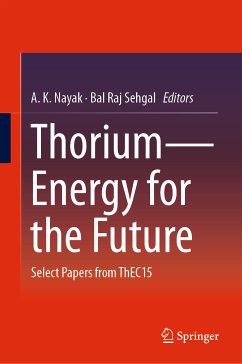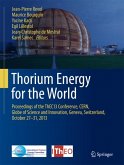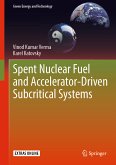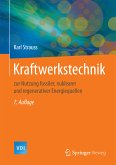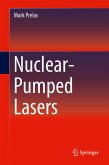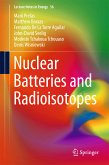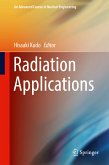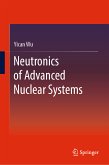This book comprises selected proceedings of the ThEC15 conference. The book presents research findings on various facets of thorium energy, including exploration and mining, thermo-physical and chemical properties of fuels, reactor physics, challenges in fuel fabrication, thorium fuel cycles, thermal hydraulics and safety, material challenges, irradiation experiences, and issues and challenges for the design of advanced thorium fueled reactors. Thorium is more abundant than uranium and has the potential to provide energy to the world for centuries if used in a closed fuel cycle. As such, technologies for using thorium for power generation in nuclear reactors are being developed worldwide. Since there is a strong global thrust towards designing nuclear reactors with thorium-based fuel, this book will be of particular interest to nuclear scientists, reactor designers, regulators, academics and policymakers.
Dieser Download kann aus rechtlichen Gründen nur mit Rechnungsadresse in A, B, BG, CY, CZ, D, DK, EW, E, FIN, F, GR, HR, H, IRL, I, LT, L, LR, M, NL, PL, P, R, S, SLO, SK ausgeliefert werden.

